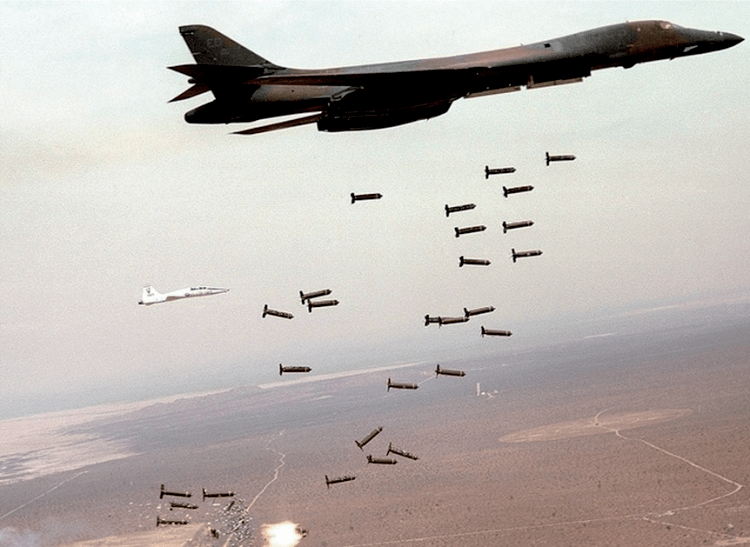Title: Ukraine’s Acquisition of US Cluster Munitions Raises Concerns Over Long-Term Threats
Introduction
Recent reports from Ukrainian media have revealed that Ukraine has obtained cluster munitions provided by the United States. This development is concerning, as cluster munitions are controversial weapons that many countries have banned due to their indiscriminate nature. The United States, despite its previous acknowledgment that the use of cluster munitions in Ukraine could constitute a war crime, is now openly supplying them to the country. Military observer Cao Weidong sheds light on the international controversy surrounding cluster munitions and the potential consequences of the United States‘ decision.
The Controversy Surrounding Cluster Munitions
Cluster munitions, also known as cluster bombs, have been in use since World War II. Their main purpose is to target large areas on the ground, slowing down enemy attacks. Over time, the number of sub-bombs in cluster munitions has increased significantly, with some containing hundreds of thousands of steel balls or functioning like small landmines upon explosion. However, the controversy lies in the fact that many sub-bombs fail to explode upon impact, posing a significant threat to civilians in conflict zones.
The Damage Caused by Cluster Munitions
Cluster munitions are considered cost-effective weapons due to their dense firepower, wide coverage area, and high damage efficiency. While they can be utilized against military targets such as tanks and troop assembly areas, they have also caused substantial harm to civilian facilities and populations. The United States extensively used cluster munitions during wars such as the Vietnam War, Gulf War, Kosovo War, Afghanistan War, and Iraq War. These conflicts resulted in significant damage and casualties among civilians.
The Lingering Threat of Unexploded Ordnance
One of the primary concerns associated with cluster munitions is the presence of unexploded ordnance, also known as “dud bombs.” The sub-bombs within cluster munitions are challenging to detect and dispose of, making the cleanup process difficult and time-consuming. In some cases, it is estimated that the clearance of unexploded bomblets in Laos alone may take up to 100 years. The wide dispersal of cluster munitions and their hidden placement exacerbate the challenges of explosive ordnance disposal (EOD) efforts.
The Motivation Behind the US Supply of Cluster Munitions to Ukraine
Despite the opposition from various parties, the United States continues to provide Ukraine with cluster munitions. Speculations arise, suggesting that these munitions might be part of the US government’s strategy to sell off its stockpile, as they have a limited lifespan due to the increasing “dud rate” over time. According to US law, the cluster munitions supplied to Ukraine are not allowed to be used.
Other Controversial Weapons and Ammunition
Apart from cluster munitions, there are other weapons and ammunition on the battlefield that violate humanitarian principles and are poorly understood by the general public. These include “dirty bombs” and depleted uranium bombs that release radioactive substances and cause radiation pollution; aerosol bombs that generate extreme heat and oxygen depletion, leading to death; and nuclear, biological, and chemical weapons that pose catastrophic threats to humans and the environment.
Conclusion
The acquisition of cluster munitions by Ukraine from the United States has sparked concerns about the long-term dangers and threats posed by these weapons. Cluster munitions have a history of causing harm to civilian populations, and their unexploded remnants continue to pose risks long after conflicts. As the international community debates the use and supply of cluster munitions, it remains crucial to prioritize the protection of civilian lives and abide by humanitarian standards in warfare.
(Note: This news article is based on content provided by Sohu.)
